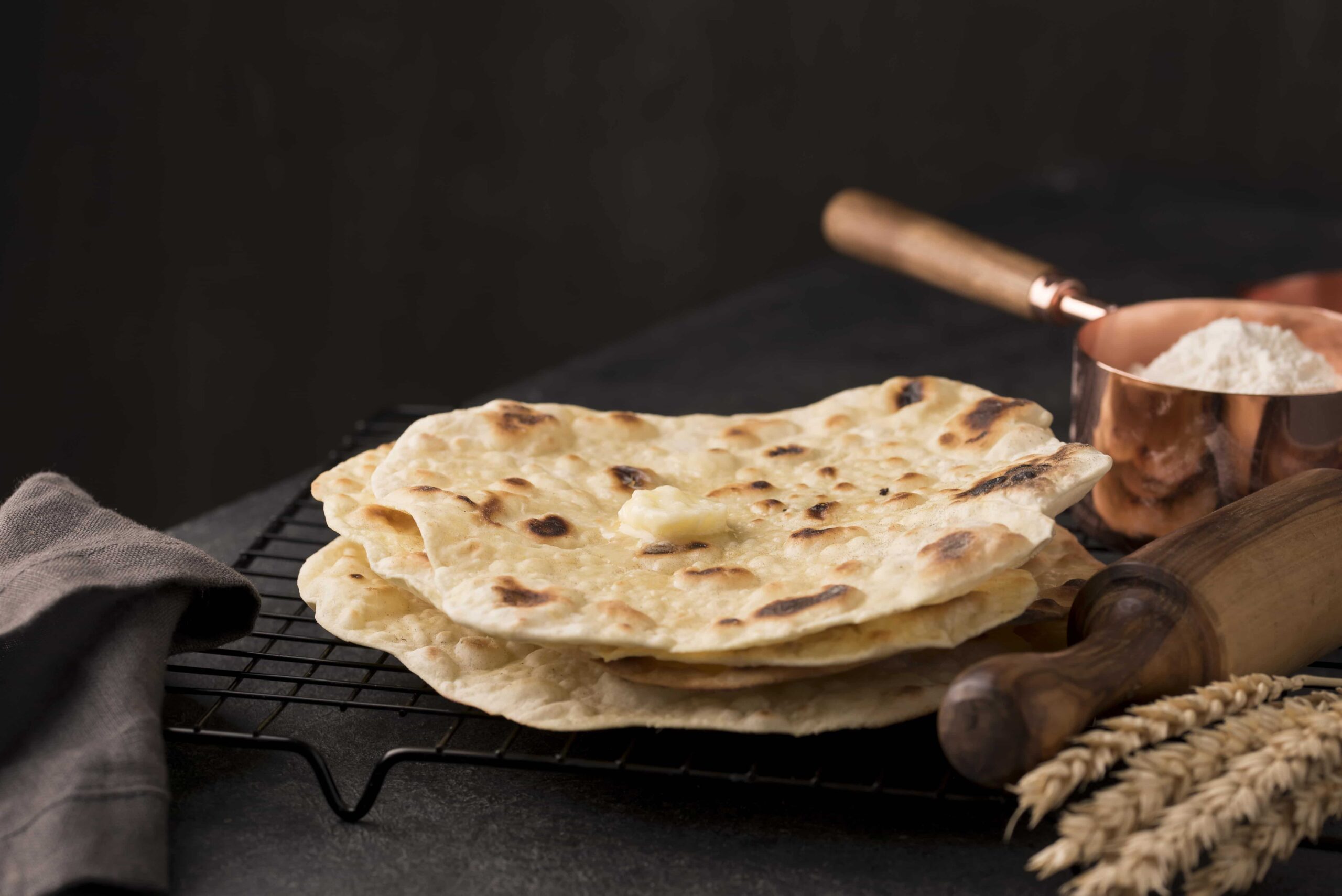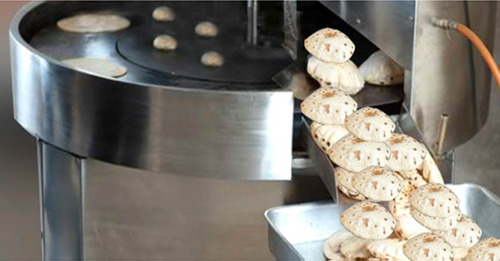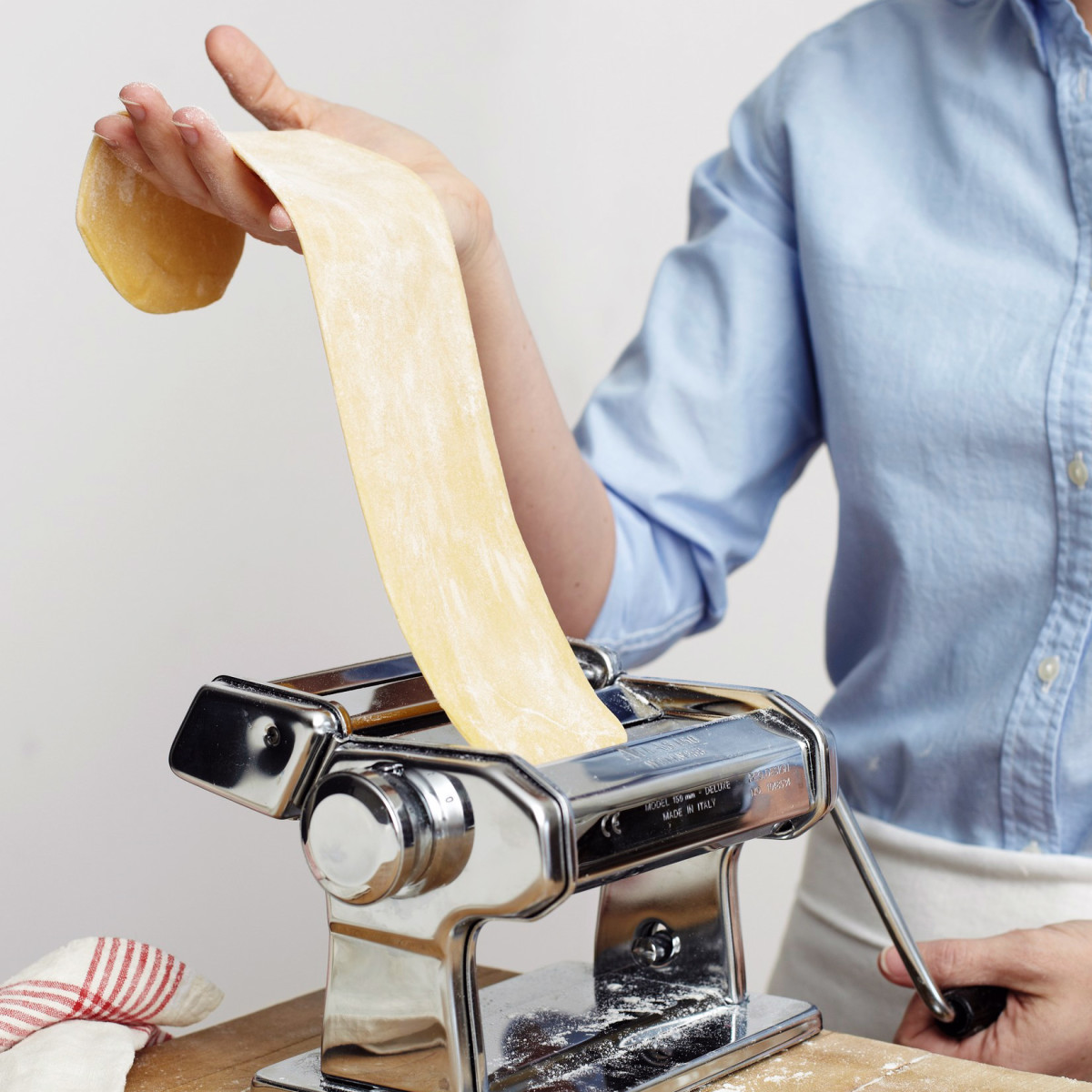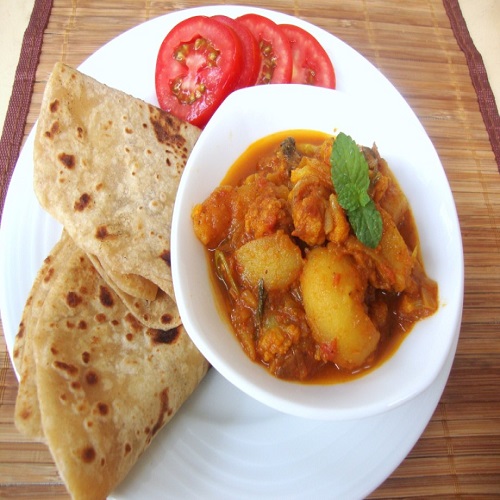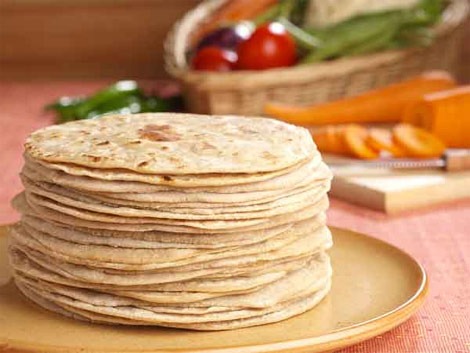Unleavened flatbread known as chapati is a common ingredient in many South Asian and East African cuisines. Creating chapatis by hand may be a time-consuming and labor-intensive operation, particularly in commercial contexts where numerous chapatis need to be created each day, such as restaurants and hotels. Chapati making machines have been created to automate the production of chapati in order to solve this problem. Chapati-making equipment is a multifunctional kitchen tool made to make chapatis swiftly and effectively. These devices come in a variety of shapes and sizes, with some models having a production rate of several hundred chapatis every hour. In order to generate perfectly rounded and uniformly cooked chapatis, the machine is outfitted with a dough mixer, a dough press, and a frying surface. Using a machine to make chapatis is a simple operation. In order to prepare the dough, flour, water, and other components are first combined in a dough mixer.
The dough is fed into the dough press after it is ready, where it is flattened into a thin, round shape. After that, the chapati is put on the heating surface and cooked for a few seconds on each side, or until it puffs up and turns golden brown. The completed chapati is then taken off the hob and placed in a warming tray. Using a chapati making machine has a number of advantages. One benefit is that it saves time and work, particularly when creating a lot of chapatis. A single operator can make hundreds of chapatis every hour with a machine, saving time and materials that would otherwise be used for manual work. Moreover, preparing chapatis by hand can be challenging to attain consistent quality and uniformity in the size and shape of the chapatis. Making chapatis by hand is less hygienic than utilising a chapati manufacturing machine, which provides an additional benefit. The machine is made to be simple to clean and sterilise, reducing the possibility of infection and guaranteeing the safety of the chapatis.

